9 Money-Saving Tips for Singles
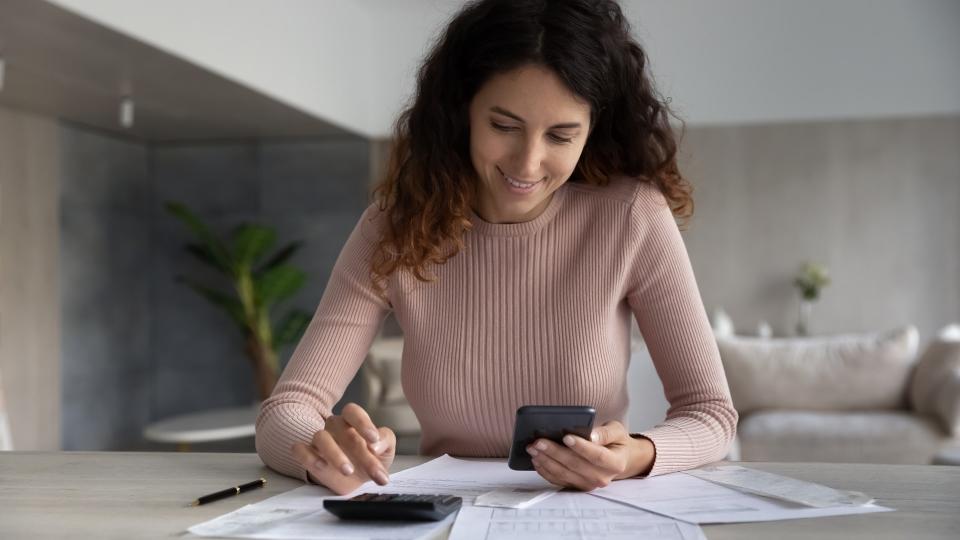
One of the biggest advantages to being single is that you only have your own financial situation to worry about. This can be a double-edged sword, however.
I'm a Financial Planning Expert: Here Are 5 Things You Should Never Spend Money on If You Want To Be Rich
See: How To Build Your Savings From Scratch
On the one hand, you don't need to consider a partner when making financial decisions. On the other hand, you take sole responsibility for all of the bills since you don't have someone to share expenses with.
The good news is that there are plenty of ways to save money, even if you're single. By following these tips, you can improve your financial situation and prepare yourself for a financially sound future.
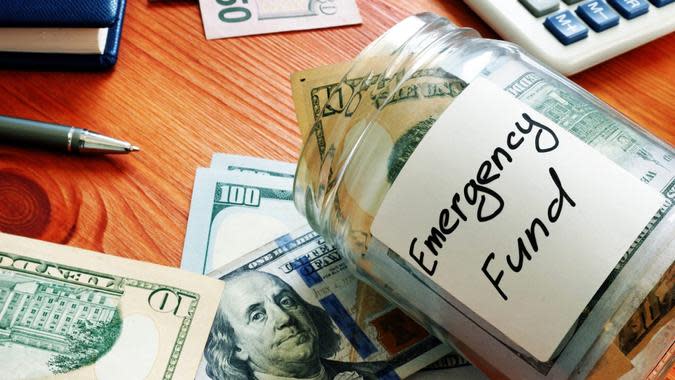
Establish an Emergency Fund
Having an emergency savings fund is key to building financial security in your life and, when you're on your own, this can be even more important.
It's generally a good idea to have at least three to six months' worth of expenses set aside -- just in case. After all, you never know what might happen. Things like a lost job or surprise medical bills can happen when you least expect it, so you should be prepared.
See: Here's How Much Money Experts Say You Should Have in Your Savings Account If You're in Your 50s
Find Out: Why Stealth Wealth Is the Best Way To Handle Your Money
"In my experience, the number one reason why people get into financial trouble is because something unexpected happens and their money isn't there for them when they need it," said Noel Griffith, CMO at SupplyGem. "If you have an emergency fund set aside, you'll be able to cover any unexpected expenses and avoid getting into debt."
Saving up that much money can seem intimidating, especially if you're starting from zero. That's why it's a good idea to start small.
"You don't want to be putting in too much money at once, because you'll feel like you're making a big commitment and it will be harder to justify spending money on anything else at first," Griffith said.
Take a look at your disposable income and start setting aside a percentage of that in a high-yield savings account. It's OK to start small -- even $20 or $50 a month adds up over time. Once you're comfortable with that amount, you can always increase it until you have a fully maxed-out emergency fund.

Go For a Cheaper Apartment
Unless you live at home, chances are you're spending a lot of your money on housing. The average person spends about 33.1% of their income on housing costs. Fortunately, you can cut down on these costs and put more money in the bank.
"You can rent a super small, crappy apartment while you figure out what to do with your life and if you ever want to buy a house," said Derek Sall, founder of Life And My Finances. "My favorite is the above-garage apartment -- usually owned by an older couple that wants to earn a few extra bucks to support their retirement."
Say, for example, you were spending $1,500 a month on rent. If you find a place that only costs $1,000, that's already a significant amount of savings.
Cut More Costs: Unplug These Appliances That Hike Up Your Electricity Bill
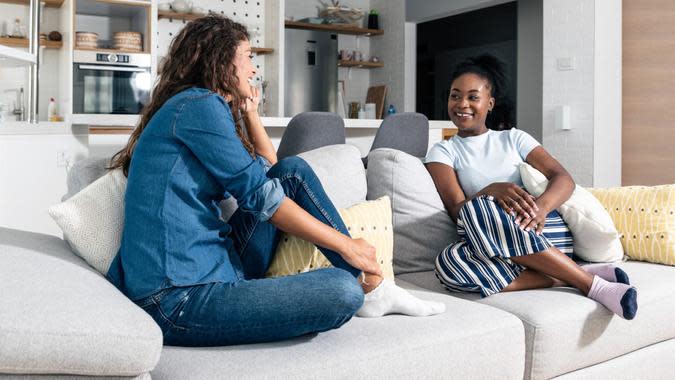
Rent Out a Room
If you don't have access to a cheaper apartment, consider renting a room from someone else -- ideally someone you know. "Consider renting a room (or basement) from a friend that has their own place," Sall said. "Instead of paying over a thousand dollars a month for an apartment, you're now spending something like $500 a month. That's a huge savings!"
And if you own your own home, you can always rent out a spare room to someone else. Doing this can cut your mortgage payment down significantly. Just make sure you carefully vet the person you're considering renting to.

Date Yourself
People spend a lot of money on nights out -- and that includes dates. If you're single, you could instead save the amount of money you might have spent on dates in a given week or month.
"A weekly date night can easily cost over $100," said Howard Dvorkin, CPA and chairman of Debt.com. "Singles looking to save money can 'date themselves' by picking a day and time each week to transfer a date's worth of money into an emergency savings or retirement account. After a year's worth of 'nights out,' singles will likely have a well-padded emergency fund."
And if you already have an emergency fund, you can always save that money for other things, like a down payment on a future home or that trip you've been meaning to take.

Switch To a Cheaper Car
If you're planning to buy a car, look for a used vehicle with lower monthly payments. It's still important to consider things like the mileage and condition of the vehicle, but many used cars are affordable and reliable.
If you already have a car and are making payments on it, you can also save money by swapping it for an older vehicle. "Sell whatever you can and save up $2,000 or $3,000 as fast as possible," Sall said. "Sell your current car and buy a used Buick or Honda Civic -- something that runs great but might look horrible. Presto! Now, you have no car payments, and your insurance payment likely went down, too."
Depending on where you live, you might find that having a car isn't that necessary after all. Big cities often have good public transportation and are very walkable -- or bikeable. "If you want to take a trip out of town for the weekend, just rent a car," Sall said. "It's still far cheaper than owning one."
See: Keep an Eye Out for Rare Dime Worth as Much as $2,000 -- How To Spot It
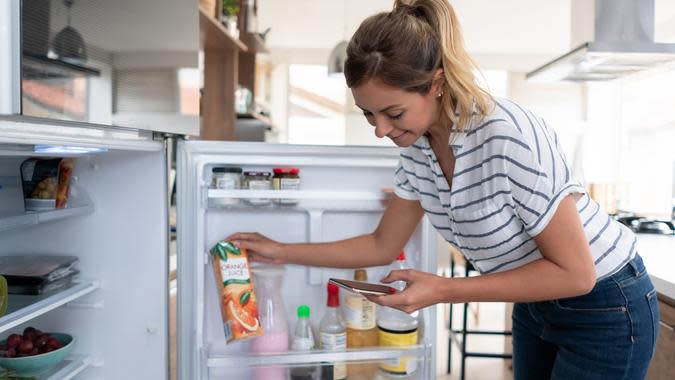
Create a Meal Plan
Eating at home alone can feel isolating for some people, which is why it might be tempting to dine out. But although socializing or eating with friends can be fun, it can also add to your total expenses.
That's where creating a meal plan comes in. Make a food budget and plan out your grocery trips based on what you plan to eat that week or month. Choose meals that give you leftovers to save even more money.
Of course, you don't always have to cook at home. It's OK to treat yourself every once in a while.
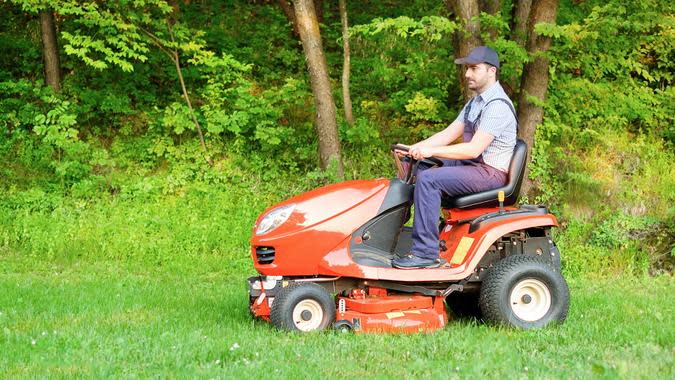
Get a Side Hustle
Many people turn to side gigs -- like freelance work or ride-share -- to make some extra money. This can be a great way to diversify your skills while supplementing your regular income. Depending on how you go about it, you could even end up replacing your current job with the side hustle.
"I also recommend finding ways to make extra money through side hustles -- even if it's just $100 per month or so," Griffith said. "Side hustles can provide you with an additional source of income so you don't have to worry about where your next paycheck is coming from."

Switch To Cheaper Alternatives
When it comes to money, it's easy to overspend on expensive things like brands, memberships or even hobbies. But if you're single and looking to save money, you might benefit from switching to a more affordable alternative.
Say, for example, you currently have a gym membership and live in an apartment complex with a gym. Cancel the membership and take advantage of the free facilities.
Or, if you typically buy name-brand clothes, consider switching to off-the-rack clothes instead. They tend to be less expensive. The same goes for things like name-brand food or prescription medications. In the case of medication, make sure to clear the switch with your doctor.
Be Aware: 9 Bills You Should Never Put on Autopay
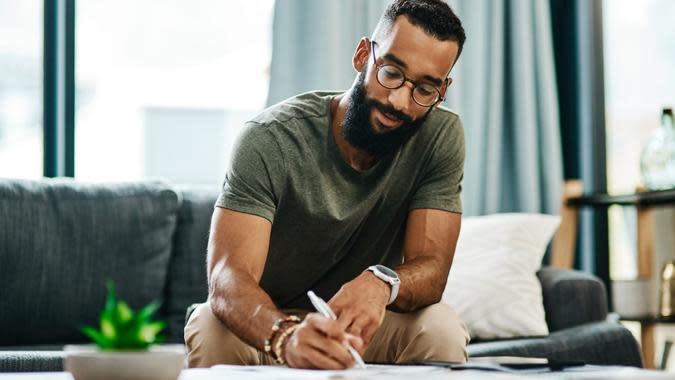
Make a Realistic Budget
Whether you're single or not, it's a good idea to have a budget. That's because a budget will give you a better idea of how much money you're taking home vs. how much you're spending.
Having a budget can also help you cut costs on things you might not need -- like monthly subscriptions you rarely use. This, in turn, could make it easier to pay down debt (if you have it) and save up money. And remember, you can always adjust your budget based on your needs and finances.
More From GOBankingRates
This article originally appeared on GOBankingRates.com: 9 Money-Saving Tips for Singles

 Yahoo Finance
Yahoo Finance 